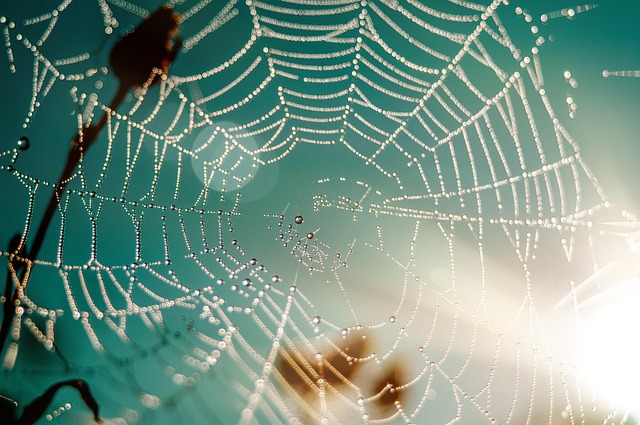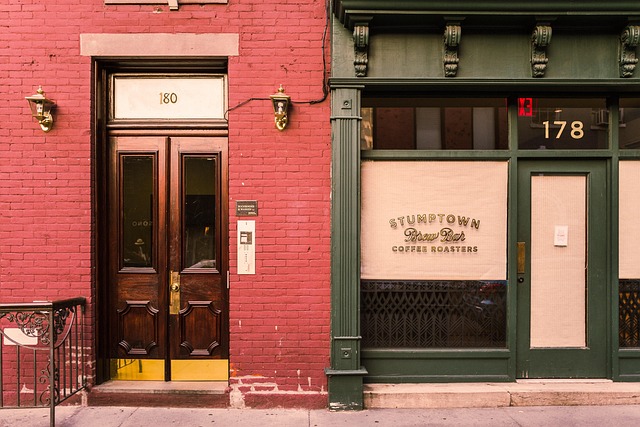In our fast-paced world, it’s easy to forget the beauty and importance of nature that surrounds us. As urban spaces expand, the protection of green areas has become more critical than ever. These areas, whether they are parks, forests, or community gardens, serve as essential habitats for wildlife and provide a serene escape for humans seeking a respite from city life.
Green spaces play a vital role in maintaining ecological balance. They are not just patches of grass or collections of trees; they are thriving ecosystems that support countless species. Birds, insects, and small mammals rely on these green areas for food, shelter, and breeding grounds. When we protect these natural habitats, we contribute to the conservation of biodiversity, which is crucial for the health of our planet.
Moreover, the benefits of green spaces extend beyond the ecological realm. Studies have shown that spending time in nature can significantly improve mental health. Parks and gardens offer individuals a chance to reconnect with their surroundings, reducing stress and enhancing overall well-being. In fact, many urban planners are recognizing the importance of incorporating green areas into city designs to promote healthier living. This connection between nature and mental health highlights the necessity of prioritizing the protection of green areas.
Unfortunately, the ongoing threat of urban development puts these precious habitats at risk. Each year, parks and green spaces are sacrificed for new buildings, roads, and infrastructure. This not only diminishes our access to natural environments but also disrupts the ecosystems that depend on these spaces. Communities must advocate for policies that prioritize the preservation of green areas, ensuring that future generations can enjoy the benefits they provide.
Community involvement is vital in the fight for the protection of green areas. Local initiatives, like tree planting events or park clean-up days, can foster a sense of connection among residents while highlighting the importance of caring for our shared environment. By actively participating in these activities, we take ownership of our surroundings and foster a collective effort towards conservation.
As you reflect on the relationship between society and nature, consider how the protection of green areas is not just an ecological issue—it’s about preserving our quality of life. These spaces enrich our communities, bolster our mental health, and provide critical habitats for wildlife. It is our responsibility to advocate for their protection and ensure that they remain an integral part of our landscapes. By working together, we can create a future where nature and urban living coexist harmoniously, benefiting both people and the planet alike.




